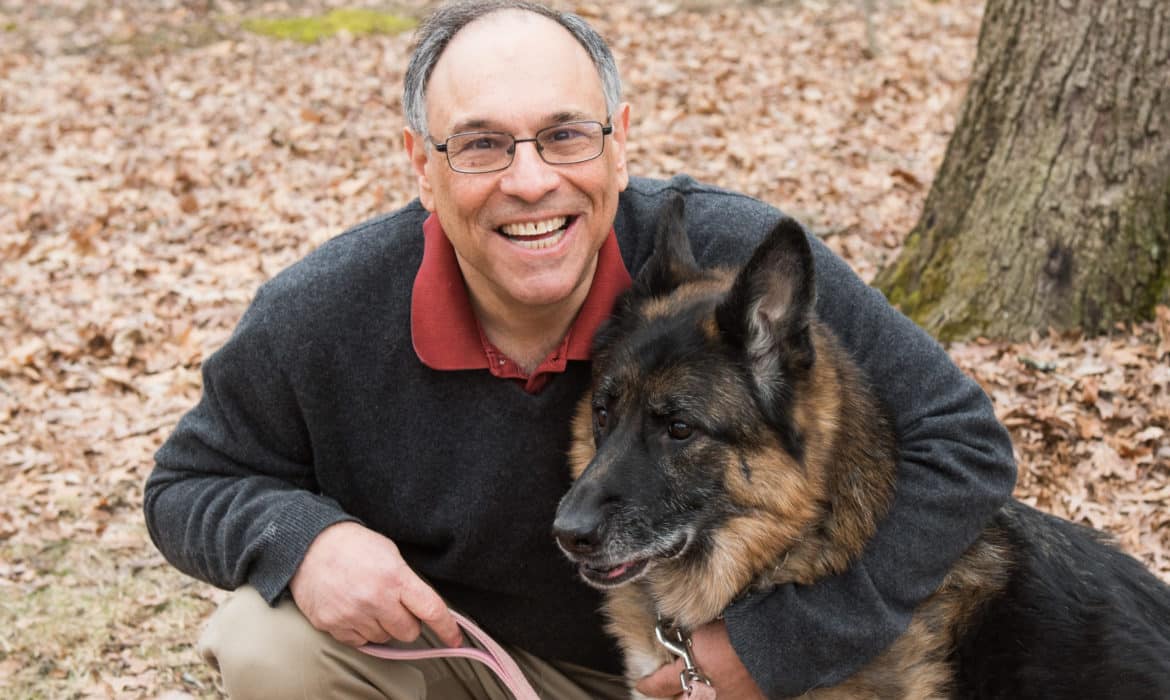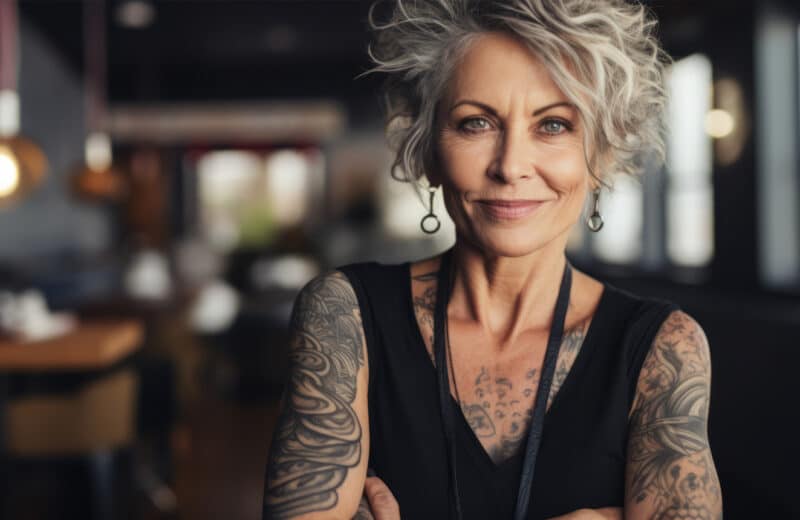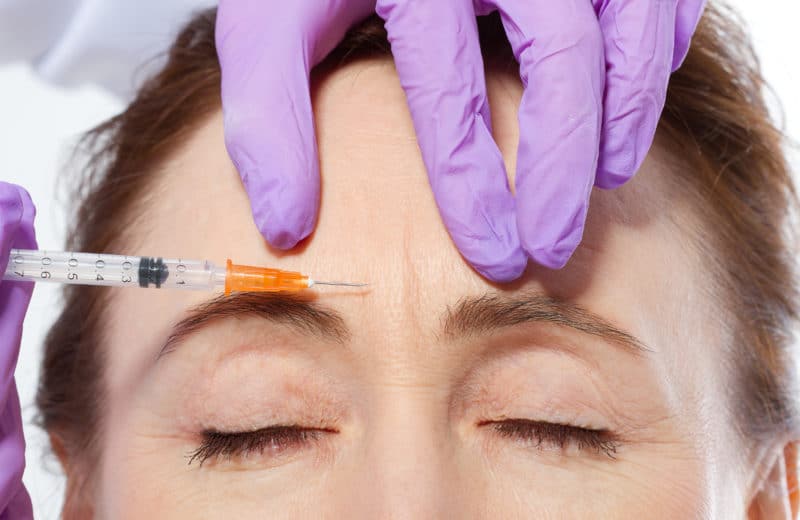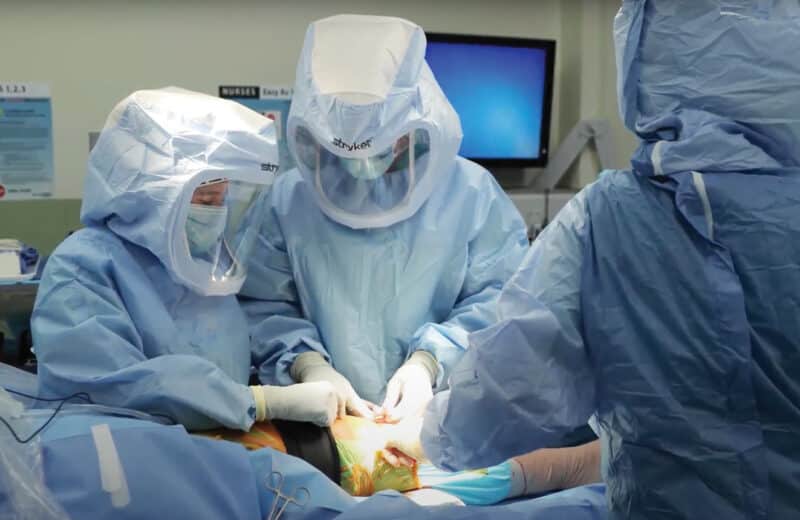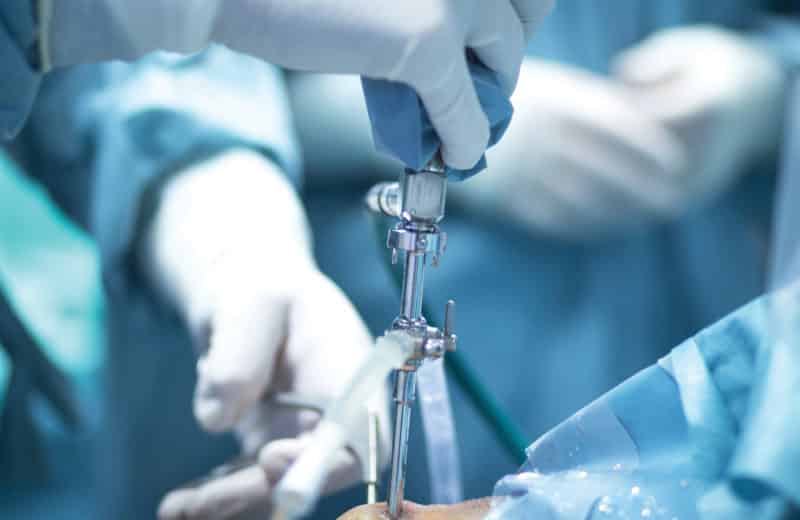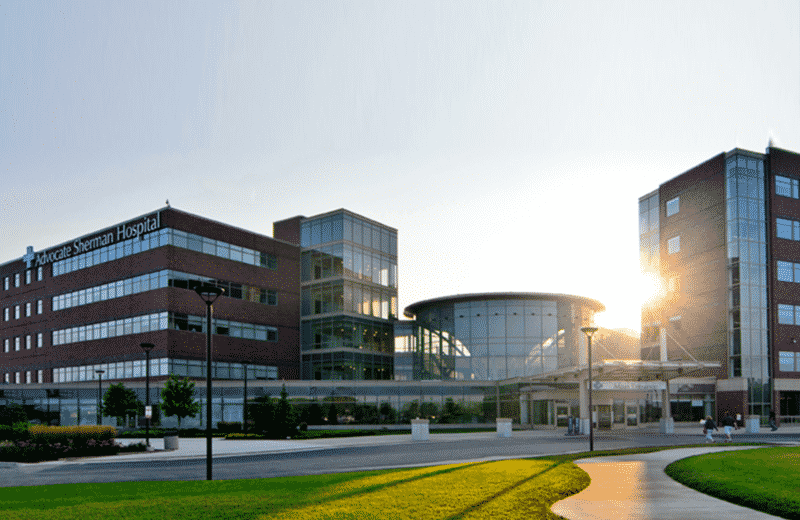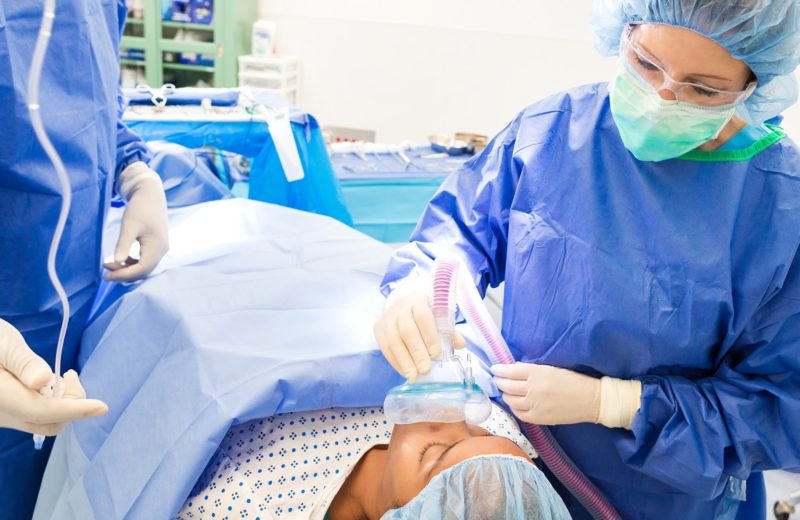Scientist Gregory Karczmar, PhD, has dedicated much of his career to developing better and more affordable screening methods for early detection of breast and prostate cancer.
Still, he never imagined a screening test would lead to his own diagnosis of cancer. During a routine colonoscopy in November 2017, Karczmar’s gastroenterologist found colorectal cancer.
“Now as a cancer survivor, I have become a passionate advocate for cancer screening,” said Karczmar, 64. “I tell everyone: ‘get screened.’ Screening can find cancer earlier when it’s more treatable and cure rates are higher.”After getting his diagnosis, Karczmar turned to the cancer specialists at the University of Chicago Medicine. As a researcher for UChicago Medicine’s Comprehensive Cancer Center, he knew many of the doctors who would be treating him and about their team approach to care.
“Together the surgeon, the medical oncologist and the radiation oncologist came up with a plan and discussed it with me,” he said. “And then it happened just the way they laid it out.”
Before starting treatment, radiologist Aytekin Oto, MD, performed MRI scans, which determined the extent of the cancer and ruled out metastatic disease Radiation oncologist Stanley Liauw, MD, and medical oncologist Blase Polite, MD, collaborated on the first phase of treatment — image-guided radiation and chemotherapy over a six-week course — which treated the tumor and other areas in the pelvis where the disease was likely to spread.
Colorectal surgeon Neil Hyman, MD, then performed a surgical procedure to ensure that no hidden cancer remained and to minimize the chance of it coming back.
Throughout the yearlong treatment, Karczmar worked in his lab as much as he could, even getting a National Institutes of Health grant for a research project with Oto to improve prostate cancer screening.
Karczmar says he’ll never forget the attention and support he received from the doctors, nurses, dietitians, support staff and coworkers at the hospital. His wife, Kelly, and two daughters, Sasha and Allie, kept up his spirits during his treatments and while he was recovering at their home in south suburban Crete.
“My family gave me a free ride for the year,” he said. “Our three dogs — Hollie, Oakley and Maddie — would jump up on the couch and cuddle with me when I wasn’t feeling well.”
Hyman calls Karczmar a great example of the importance of screening for colon cancer. “He had a colonoscopy and it saved his life,” he said.

